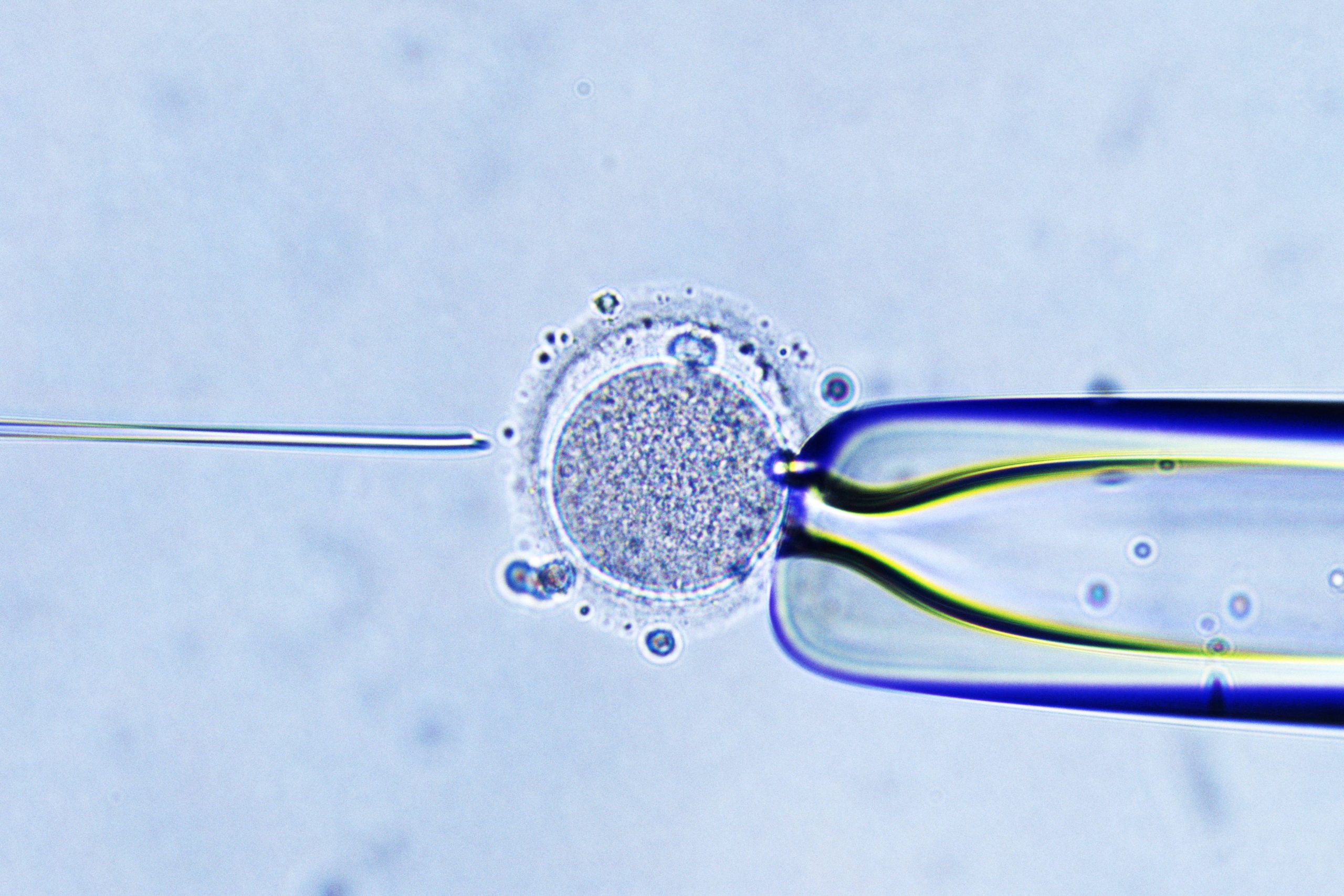A randomized controlled trial examining in-vitro fertilization (IVF) outcomes in the UK and Hong Kong revealed that using time-lapse imaging (TLI) does not enhance treatment outcomes for fertility patients. The findings, published in The Lancet, provide critical evidence that TLI, despite its theoretical benefits, does not improve the odds of live birth in IVF and intracytoplasmic sperm injection (ICSI) treatments.
Time-lapse imaging involves taking thousands of images of embryos as they grow, offering a continuous developmental view. This technique is used by some fertility practitioners for pre-implantation screening, with the belief that it helps select the best embryos based on development rate and cell characteristics.
Unlike standard assessment methods that require embryos to be removed from their incubators, TLI minimizes environmental fluctuations by keeping embryos in their controlled environment throughout the assessment process.

The trial, led by Dr. Priya Bhide from Queen Mary University of London, included over 1,500 participants across seven centers in the UK and Hong Kong.
Participants were randomly assigned to one of three groups: TLI-based embryo selection, undisturbed culture assessment, and conventional assessment using a light microscope. All groups had similar baseline demographic and clinical characteristics, ensuring a fair comparison.
Results showed live birth rates of 33.7% in the TLI group, 36.6% in the undisturbed culture group, and 33.0% in the control group, with clinical pregnancy rates also showing no significant differences among the groups. These findings indicate that TLI does not significantly impact clinical effectiveness and safety outcomes compared to standard methods.
Dr. Priya Bhide emphasized that the trial demonstrates the lack of improved clinical outcomes with TLI, highlighting the importance of evaluating advanced technologies in fertility treatments.
Dr. David Chan from the Chinese University of Hong Kong suggested that IVF labs, especially those with limited resources, might reconsider investing heavily in TLI equipment. Instead, focusing on other lab equipment that directly impacts live birth rates could help balance the overall cost and affordability of IVF treatments.
